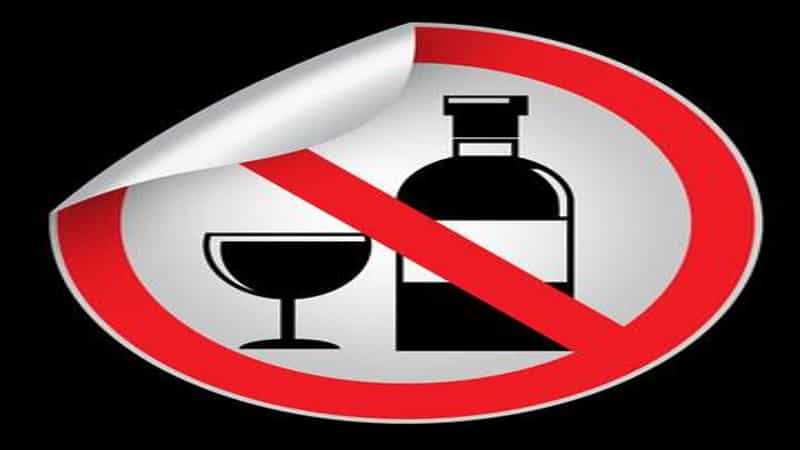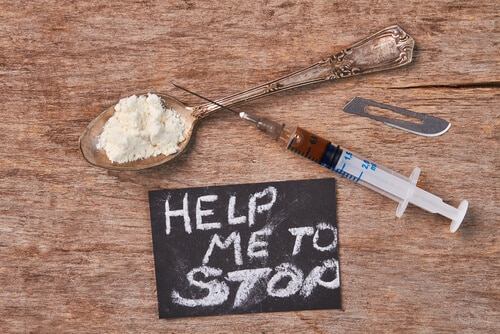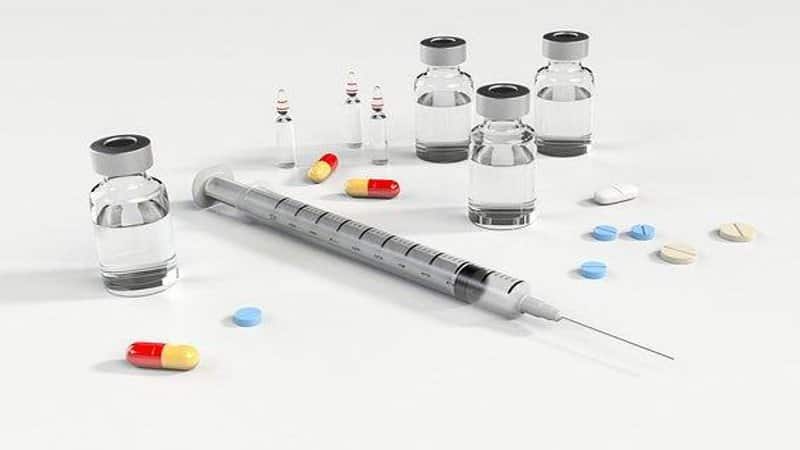4 Ways to Overcome the Addiction to Alcohol and Drugs

Many people in the United States are suffering addiction to the Alcohol and drugs. These substances are claiming the lives of many people in the world. America is no different as there are so many are dying because of the addiction to these things. These numbers are only increasing as the years are passing.
There is no wonder why there are so many centers that provide drugs and alcohol detox in NJ. Their primary goal is to help those who are suffering from addiction to get over it soon. Fortunately, many people are using their assistance to overcome this deadly addiction.
You or your loved one might be one of those suffering from one of these addictions. While there seems to be no way and looks like you have reached a dead end, you can still come out of it. Few things will assist you in your endeavor to overcome this problem. Many people are unaware of these things. Here are some things you need to begin following to overcome the addiction.
Have a Determination: You might not know how much this thing plays in helping you overcome the addiction problems. It is one of the most critical and essential things that you need to have if you want to come out of the addiction. We, humans, have done so much and can do so many things because of the willpower.
You need to develop willpower if you want to overcome this problem. You need to believe in yourself. You can do wonders if you can have this one great attribute.
Make a Commitment: The next thing that you need to do is to commit yourself that you will never again touch alcohol and drugs. Come what may you need to stick to this thing. You will be able to accomplish this only because of your strong willpower. Over a period, you will not mind people drinking alcohol or taking drugs in front of you.
You need to control yourself by being committed. You should not get tempted looking at the alcohol bottle or the drugs. It is one essential attribute apart from a determination that you need to possess.
Set a Date: You need to set a date of when you want to overcome this addiction. You need to make realistic and achievable goals and work towards it. You need to progress and not retrogress. You need to do everything possible from your end to make this thing happen. The moment you realize that you are achieving goals, you will notice that your confidence increases.
Take the Help: Most likely you may not be able to achieve this all alone unless you strongly commit. You need to have assistance and a constant reminder of your commitment. Many centers that provide drugs and alcohol detox in NJ offer this and many other beautiful services to you. You may need to contact them to find more about the services and how it can benefit you. You need to choose those services that will work well for you.



















